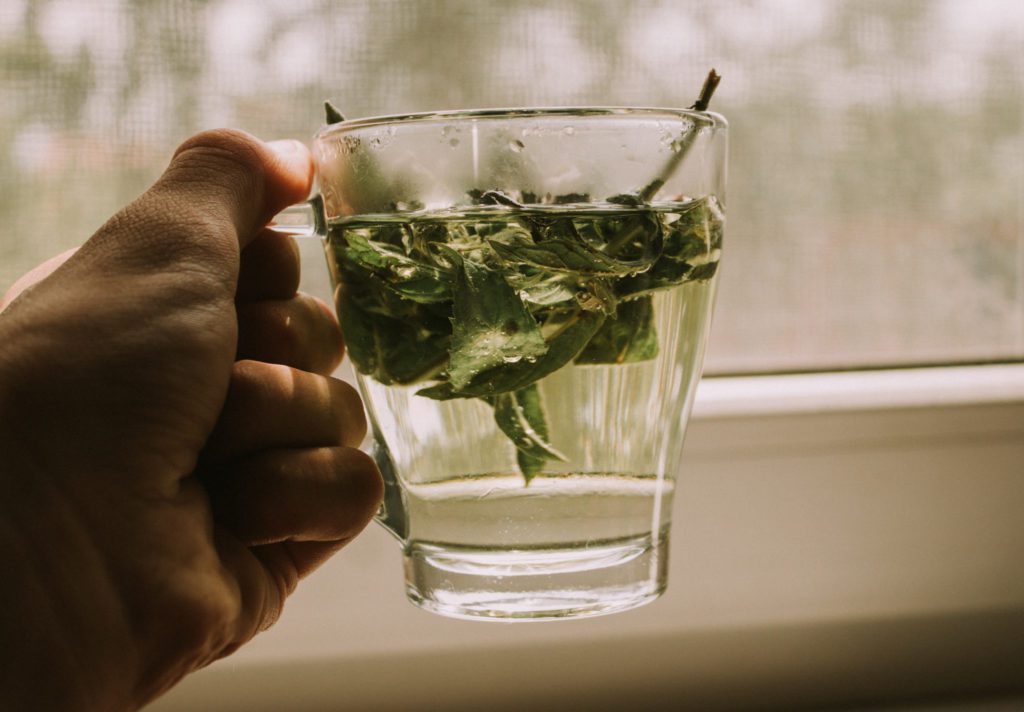
The summer is often a tricky time to stay on track with your health goals, but this year I’m sensing a difference. There’s an underlying anxiety that has been simmering since the beginning of lockdown, despite a more positive covid outlook and a return to normality.
I’m hearing this more and more.
Many of us are feeling tired. The last 18 months have left us energetically and emotionally depleted!
And to compound this, it may be that your diet or eating patterns changed during the last few months with more snacking and unhealthy choices creeping in, mainly out of boredom or loneliness and perhaps you haven’t yet managed to move away from these habits.
The underlying reasons are of course complex, but the resulting stress will have an effect on your digestive health. Stress is a known factor that affects IBS and with these added anxieties, a flare-up of symptoms would not be unexpected.
Helping your digestive system is crucial to help you manage the symptoms associated with IBS anxiety; stomach cramps, bloating, wind, reflux and much more.
Here’s 5 simple things that you can do immediately to start making a difference to ease your anxiety and your IBS symptoms:
-
Plan your meals
It is important to try to avoid a haphazard approach to eating. Instead, take the time to plan your meals so you’re eating healthy wholesome food with plenty of fibre and good nutrients.
Make your mealtime an “occasion”, leaving your work area if you’re working from home, to sit down at the table. This calmer setting will help you process your meal more efficiently.
Try not to snack on sugary foods that offer little nutritional value but will also contribute to an unhealthy gut environment. Ideally avoid snacking all together; instead opt for more nutritious, fibre rich choices like a piece of fruit with a small handful of nuts or some hummus and crudités.
READ MORE A Beginner’s Guide to Intermittent Fasting
-
Chew Mindfully
Digestion begins in the mouth, where the enzyme salivary amylase begins to break up the carbohydrates in the meal.
Chewing more effectively will mean that by the time the food arrives in the stomach, it has not only been broken down into smaller pieces, but the digestive process has already begun. This will help to ensure the food passes through the entire digestive system more efficiently and reduce the risk of food fermenting, which produces wind that results in bloating.
Try putting your cutlery down in between mouthfuls to slow you down and encourage more careful chewing.
-
Watch your caffeine
Caffeine does have an effect on your digestive system and some people may be more sensitive to caffeine than others. It can stimulate the muscles in your digestive system to contract more strongly which can be the cause of painful IBS symptoms like cramps. It is worth reducing or even temporarily avoiding caffeinated drinks if you are susceptible to these caffeine effects.
Remember, Green tea contains caffeine, albeit in smaller amounts than regular black tea or coffee.
-
Avoid eating before bed
As we sleep, our digestive system repairs and rebuilds, ready for the next day. If we eat a meal immediately before going to bed, rather than repairing, the digestive system will have to focus on breaking down and digesting this meal. This process uses up a lot of energy. As such, not only will our night’s sleep be disrupted, but the digestive system also doesn’t have adequate time to repair effectively. You may find IBS symptoms more pronounced as a result.
Aim to finish your meal at least 3 hours before heading to bed to allow enough time for your digestive system to process the meal.
-
Focus on calm to reduce anxiety
Digestion is not a priority when we’re feeling stressed. Instead, the body focuses on dealing with the stress response and the brain reduces the messages it sends out to “digest” food. This is normally the trigger for the digestive process to begin, with the release of digestive enzymes. If stress or anxiety is prolonged, the overall digestive process is compromised and will become less efficient.
To help digestion, you can consider taking a digestive enzyme supplement. This additional boost of digestive enzymes will help break down the food more thoroughly, allowing to pass through more easily. Get in touch for my recommendations.
Also, try to weave in more activity into your lifestyle that will help you de-stress; start your day with a walk in the fresh air or an exercise session at home for example. Take breaks during the day and allow time at the end of the day to relax and unwind, away from your screens if possible; perhaps with a herbal tea or a hot bath.


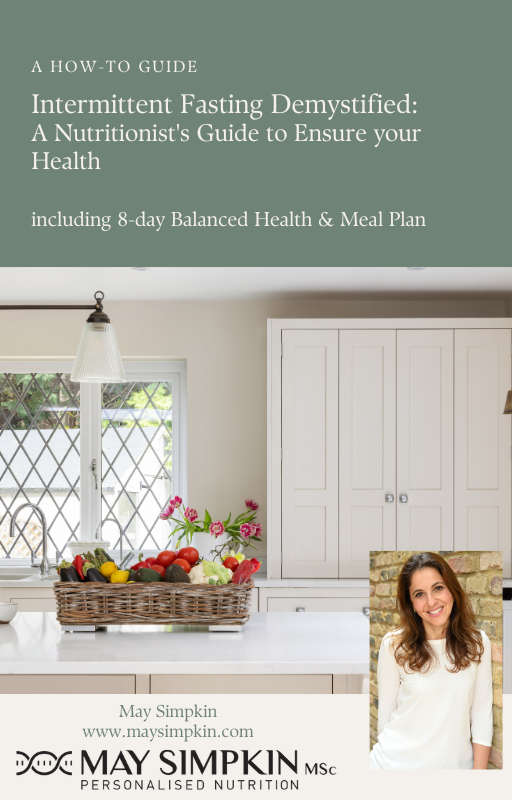
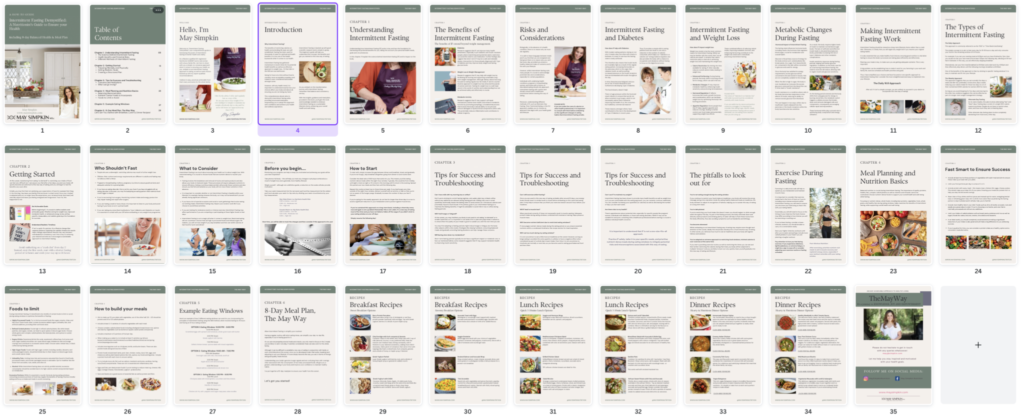

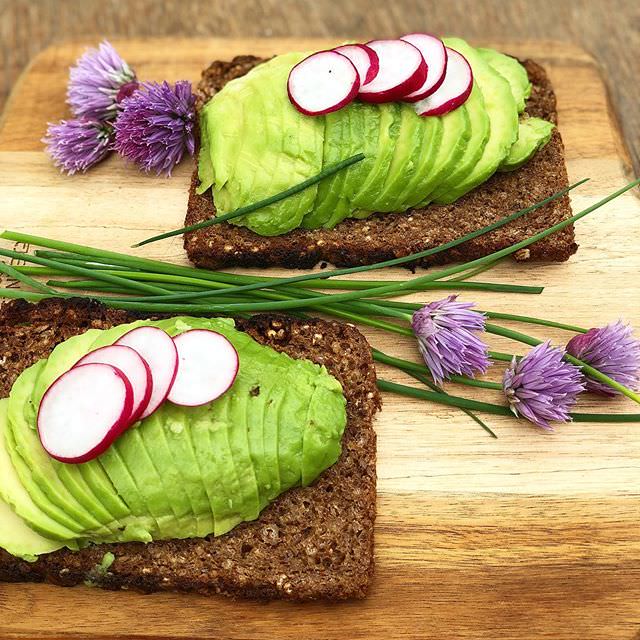

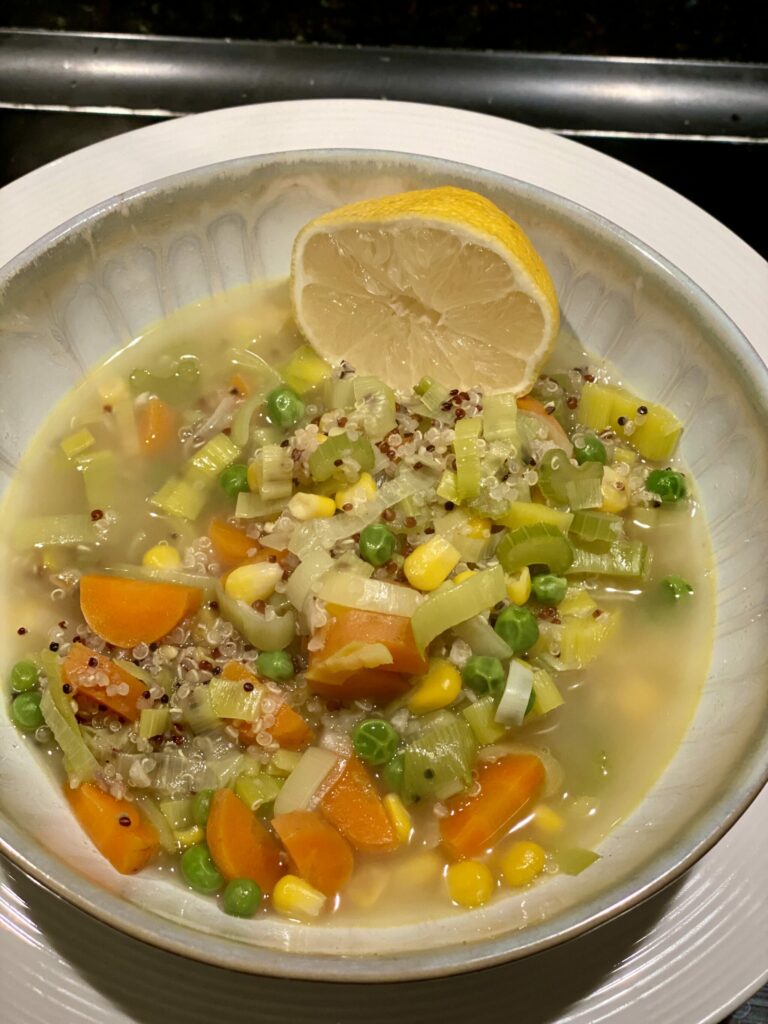
0 Comments